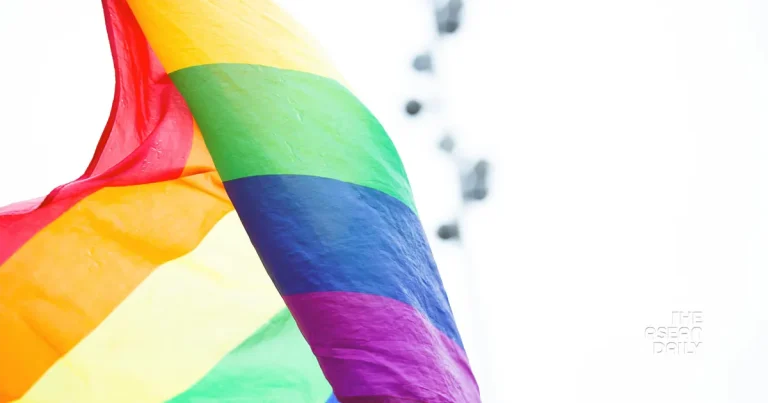24-9-2024 (BANGKOK) Thailand has officially recognised same-sex marriage. The Marriage Equality Bill, recently endorsed by His Majesty the King and published in the Royal Gazette, positions Thailand alongside Taiwan and Nepal as the third country in Asia to embrace marriage equality.
This groundbreaking legislation is set to come into effect on 22 January 2025, precisely 120 days after its publication in the Royal Gazette. From this date, same-sex couples will have the legal right to register their marriages, ushering in a new era of equality and inclusivity in Thai society.
Waaddao Anne Chumaporn, founder of Bangkok Pride, hailed the development as “a monumental step towards equal rights in Thailand”. Demonstrating the significance of this legislative change, Chumaporn has ambitious plans to organise a mass wedding for over a thousand LGBTQ couples in Bangkok on the day the law takes effect.
The journey to this historic moment has been long and arduous, spanning more than two decades of tireless advocacy by activists. The bill’s final reading in the Senate earlier this year saw overwhelming support from lawmakers in the upper house, reflecting a growing acceptance of LGBTQ+ rights in Thai society.
One of the most revolutionary aspects of the new law is its use of gender-neutral language. Terms such as “men”, “women”, “husbands”, and “wives” have been replaced with inclusive alternatives. Furthermore, the legislation grants same-sex couples adoption and inheritance rights, addressing long-standing inequalities in family law.
Professor Vitit Muntarbhorn, an international human rights expert and legal scholar, described the Marriage Equality Bill as “one of the most gender-inclusive bills”, noting that it will amend between 60 and 70 sections of the Civil and Commercial Codes. However, he also pointed out that the work is far from over, with approximately 50 other laws requiring amendment to ensure comprehensive legal protections for LGBTQ+ communities in Thailand.
These additional legislative changes will cover a wide range of areas, including surrogacy, gender recognition, employment, and welfare. The process of updating these laws will be crucial in creating a truly inclusive legal framework that addresses the diverse needs of the LGBTQ+ community.




